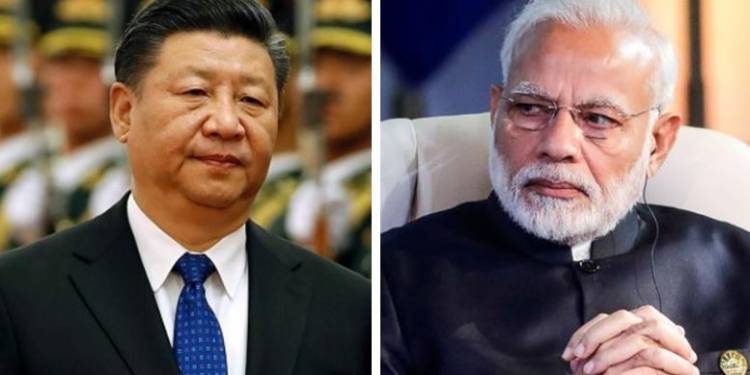The Sterlite plant which used to produce almost 40 per cent of India’s total copper, and enabled India to become a net exporter of the essential metal, was closed in February 2018 due to the protests from China supported activists. It has been more than two years since the closure of the plant and India’s arch enemies, China and Pakistan, are benefiting, as their export of copper has increased exponentially.
India was a net importer earlier, but, China has become a net exporter of copper and Aluminium to India in the last two years. However, its NGO driven strategy is set to get wasted as the Modi government is planning to ‘screen’ copper and aluminium imports from China.
The importers of these two metals would have to register with authorities first in the first step to ‘screen’ the imports from China. Later, based on data of imports and their nature, the Ministry of Mines will devise a policy to boost domestic production and push for greater self-reliance.
“The move for greater screening is aimed at pushing economic self-reliance,” the Union mines ministry said in a letter to the commerce ministry late last month, as per a report by Reuters. “The purpose of (the) system is to have adequate information … so that an appropriate policy intervention could be devised,” added the letter.
In FY 20, India imported copper worth 5 billion dollars, 45 per cent of which came from China and other East Asian countries like Japan, Malaysia, Vietnam and Thailand. Also, India imports aluminium in large quantities– worth 4.4 billion dollars– and a sizable chunk of that– worth 1 billion dollars– comes from China.
“China is a huge threat for India’s aluminium industry,” B.K. Bhatia, joint secretary general at Federation of Indian Mineral Industries (FIMI), the country’s biggest mining lobby, told Reuters.
Now, the Atma Nirbhar Bharat policy would foil China’s further gains from the closing of Sterlite copper plant which produced 40 per cent of India’s copper.
The protests against the Sterlite copper plant were financed by the Chinese companies which were not being able to compete with high-quality, efficient, and cheap metal produced at Vedanta’s plant-based in Tamil Nadu. Therefore, these companies financed local environmental organizations and churches to stage a protest against the plant on environmental concerns.
The owner of Sterlite Copper Plant, Anil Agrawal led Vedanta group has told the Madras High Court that the anti-Sterlite protest was funded by Chinese companies which will benefit from the closure of the plant. “These companies promoted and funded the agitations and protests against Sterlite. India’s import bill for copper is $2 billion, the demand was being met by Sterlite earlier,” claimed Aryama Sundaram, the legal counsel for Vedanta group before the special bench of the court comprising Justice T S Sivagnanam and Justice V Bhavani Subbaroyan.
Majority of India’s copper exports went to China (75 per cent) and Taiwan (13 per cent). The closure of Sterlite’s plant benefitted Chinese companies which were earlier facing tough competition from Indian exports. Given the better quality of Indian products, Chinese consumers preferred Indian copper and this harmed the interest of the Chinese companies.
After the closure of the plant, India became a net importer of copper, that too from China, where India exported 75 per cent of its copper when Vedanta’s plant was operational. Therefore, Chinese companies earned billions of dollars with the closure of the plant by meeting the domestic demand and foreign demand, but, now, the door for making more gains in India is closed while they will continue to benefit by supplying for domestic demand.
